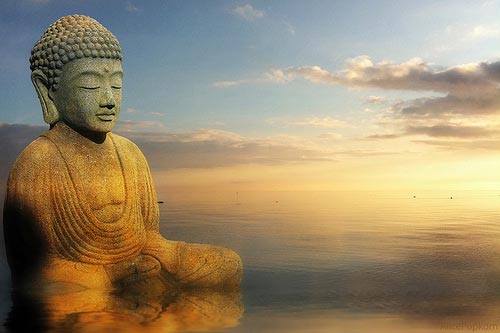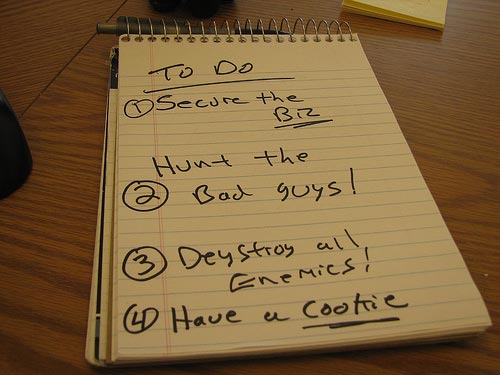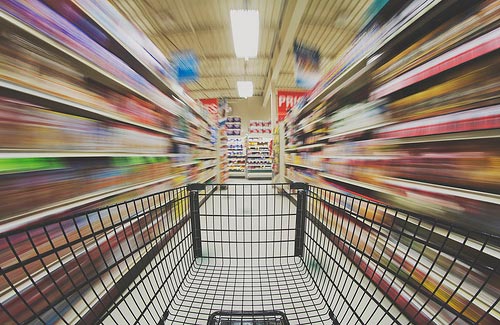
Every time I write something on the topic of personal productivity, a few people suggest that maybe doing more isn’t appropriate at all.
As a friend of mine suggested on the Facebook page, Western society has an obsession with productivity. We grow up being taught that we want to “do well” but we’re not often taught explicitly what that means. Success is a vague word, and in the absence of a meaningful definition it seems to refer to little more than having an above average income and a lot of phone calls to return.
We know that there’s something very near-sighted about taking busyness and career success for compass-North in our personal quests for happiness, so it’s understandable that the discerning person might be suspicious of anyone that appears unusually preoccupied with their personal productivity.
Last summer, I was more socially active than I’d ever been. Over the winter my focus shifted totally, and as the recreation season returns I find I’m spending most of my spare time at my desk. I’ve been turning down a lot of social invitations, giving vague reasons most of the time, but those who know me best know I am working. Some of them may be wondering, in my conspicuous absence, if I’ve lost touch with the values I espouse — staying present, connecting with other human beings, and enjoying the in-between moments.
A certain amount of personal productivity is absolutely necessary, at least enough to feed ourselves, clothe ourselves, and maintain some semblance of stability and autonomy. But I’ve been achieving those minimum productivity standards my whole life, so the question “Why do you need to do more than you’re already doing?” is a fair one.
Well, I don’t need to do more. Other than the physical essentials of life, I don’t strictly need anything. But it makes no sense at all to cease all activity except the minimum necessary to survive. After I earn enough to pay my food and rent, “unnecessary” productivity becomes any activity other than sleeping, eating, going to the bathroom and meditating. We each decide how much time to apply to any given “electives” in our lives: how many movies to watch, how many barbecues to attend, how many blogs to read, how often to make coffee, and of course, how much we work. Right now I want to accomplish more work than I have been, and I think I have good reasons. Read More


 I'm David, and Raptitude is a blog about getting better at being human -- things we can do to improve our lives today.
I'm David, and Raptitude is a blog about getting better at being human -- things we can do to improve our lives today.
I so love that. Discipline rooted in love and honor towards ourselves. I talked about this a bit more in my comment too, about self kindness.